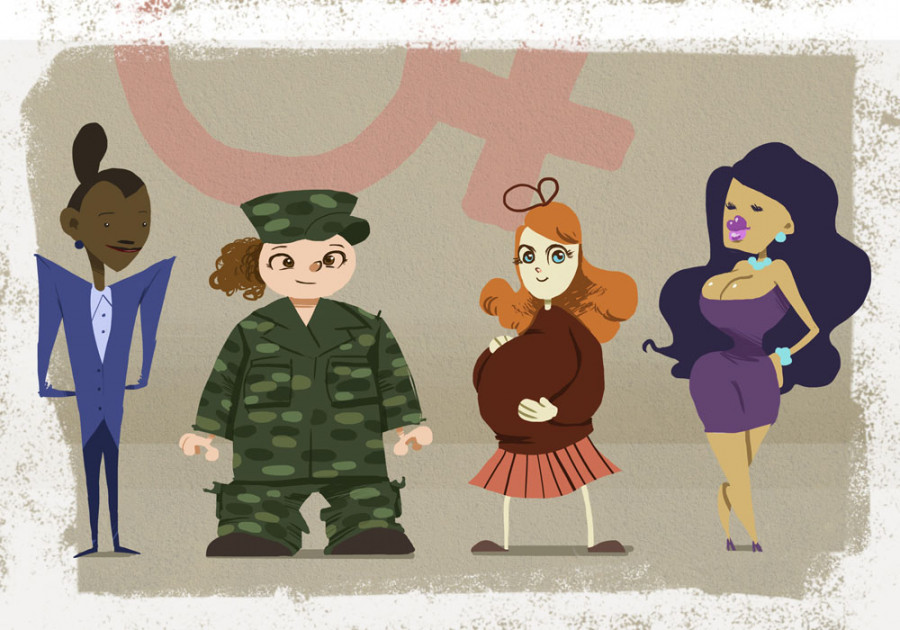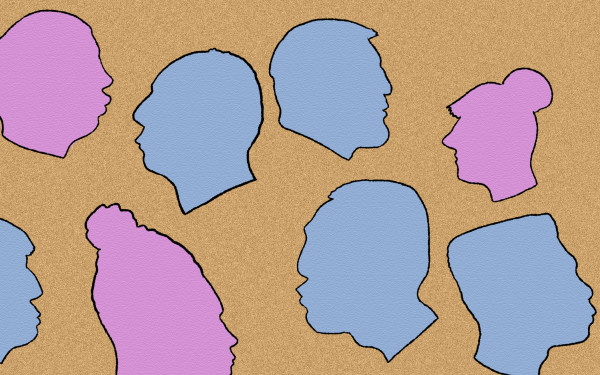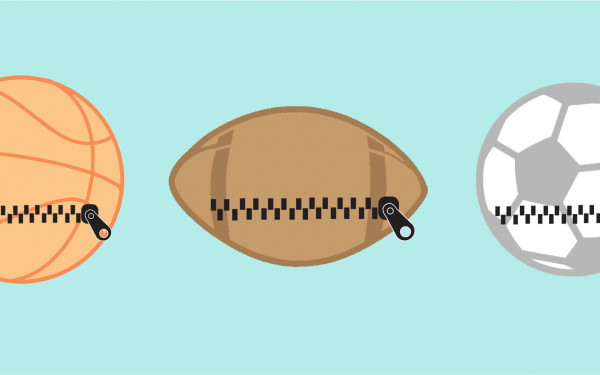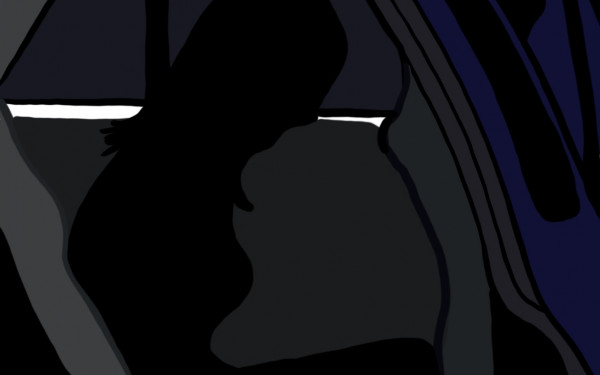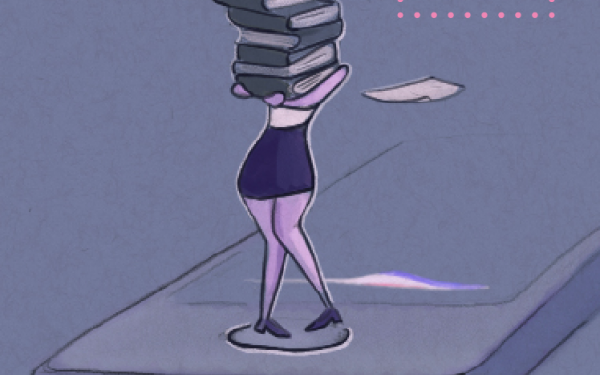Dishonourable Discharge
Canadian Army Ad Campaign Enforces Gender Stereotypes
As I was travelling home by metro this week, I was greeted by a new advertising campaign directly targeting my gender.
Mounted above escalators were enormous posters of women in diverse military uniforms, accompanied by what I assume were meant to be inspirational quotes, encouraging women to join the Canadian Forces.
Something about it didn’t sit right with me.
Accompanying two of the women in camouflage gear and ceremonial dress were captions in English and French. “I always feel needed here,” said one. “When I have something to say, everyone listens,” said another. At first I laughed.
The advertising campaign is so transparent and dated; and the assumptions it makes and the stereotypes it enforces are so bizarre, as is the idea that joining the military is likely to either placate our inherent desire to “feel needed” or inspire respect solely by merit of serving in the armed forces.
I took a photo of the posters and continued on my way, but the message stayed with me. Such seemingly mundane quotes paired with smiling military women felt both predatory and patronizing.
I started asking some of my female friends about their feelings towards these advertising tactics.
Hannah Morrow, a feminist performer and Concordia graduate, pinned down exactly why these advertisements are off-putting.
“[It’s] the basic concept in advertising of preying off of people’s insecurities, coupled with some obvious stereotypical ideas of what women’s insecurities are, [such as] ‘women are nurturing by nature,’ the idea that we live to help others, and that we generally feel oppressed and unheard in our day-to-day lives,” she said. “It’s actually an interesting pair of ideas, since one seems to come from a notion of our inner natures, and one seems to come from an awareness of social realities.”
One of the poster’s quotes implied that I live to help others, that I need to feel needed, that I am a caregiver and mother figure—which I admit I can relate to. But it’s an instinct that ought to be honed in humanity rather than pinned solely as a female trait, in an ad depicting only women and geared at women—and, considering military statistics, likely created by men.
It’s assumptive, stereotypical and reminds me of advertising from the ‘50s, where women were depicted as people whose sole purpose in life was to play caregiver to their husbands, children, country and so on.
Perhaps I’m just tired of advertising telling me who I should want to be.
With the other notable quote, it seems as though the advertisement is addressing the issue that civilian women don’t feel that they have a voice in our society. In many ways this is true—female representation in Canadian government, media and within top tiers of business corporations is still dismal, so of course women don’t feel that they have a voice here.
But to imply that joining the military is going to elicit the respect that women crave glazes over a more deep-seated issue in Canada.
On the other hand, pursuing a career in the military is a stereotypically masculine endeavour, so in a way this is a progressive advertising campaign. That’s how Sergeant Edward Sanchez explained it when I called the Montreal recruitment office to enquire about the motivations behind advertising geared towards women.
“A lot of people are afraid because of preconceived notions about the military,” said Sanchez. “Women weren’t interested in going to Afghanistan.”
According to Sanchez, the military has a mandate to raise female participation in the forces to 25 per cent; army statistics show that about 12 per cent of current military employees are women.
“Most women are more conservative, they choose more clerical jobs, they don’t choose infantry or mechanics,” he said. “Women are welcome to apply and will be considered for all sectors.”
Sanchez says that there is no affirmative action in the Canadian military, meaning that female applicants won’t necessarily be given preference over male applicants in order to reach the 25 per cent quota. At the same time, the more female applicants there are the greater likelihood there is that women will serve a larger role in the military in the future.
There are a number of reasons why military enrolment hasn’t caught up with social progress, and the macho culture that surrounds the military is but another deterrent. The National Post, CTV and the Huffington Post have all recently published articles outlining the prevalent sexual harassment in the Canadian military. In the 2012 Canadian Forces Workplace Harassment Survey, nine per cent of female respondents reported being sexually harassed over the span of a year, and many have said they’re fearful about voicing their concerns to higher-ranking officers.
No wonder women aren’t joining the military—the institution’s dated and stereotypical advertising as well as regular news stories covering the culture of harassment and silence do not exactly inspire confidence. If more women were to take part, though, perhaps the military culture in Canada could change.
Either way, female commuters get to be reminded about what the Canadian Forces thinks we want and need, until another poster depicting an emaciated model telling us how we should look and what we should wear goes up in its place.

